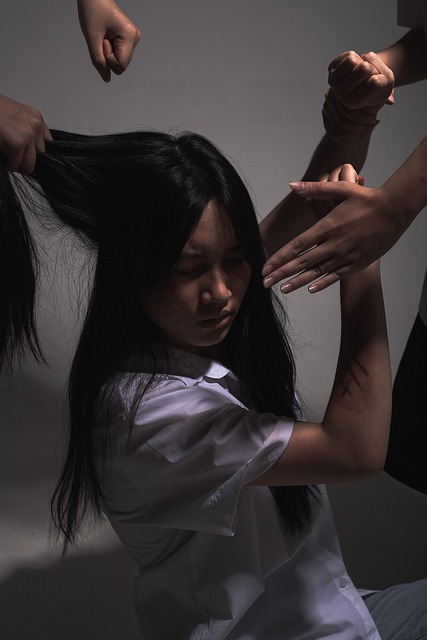Supporting Teen Challenge Abuse Victims requires understanding their complex emotional needs and mental health challenges, such as PTSD and substance abuse. Building supportive networks of family, friends, and tailored support groups offers community, validation, and coping strategies. Organizations like NTCAA provide crucial services, including counseling, legal aid, and online resources to help victims and families navigate healing and recovery, ensuring a safe environment.
Many families struggle to find support after a teen has experienced abuse within programs like Teen Challenge. This article explores the unique needs of these families and offers practical guidance. We delve into understanding the emotional trauma left behind, emphasizing the importance of building strong support networks for healing and recovery. Additionally, we provide resources and highlight organizations dedicated to offering sustained assistance to Teen Challenge abuse victims and their loved ones.
- Understanding Teen Challenge Survivor Families' Needs
- Building Support Networks for Healing and Recovery
- Resources and Organizations for Sustained Assistance
Understanding Teen Challenge Survivor Families' Needs

Supporting families affected by Teen Challenge abuse victims requires a nuanced understanding of their unique needs and challenges. These families often face complex emotions, including grief, confusion, and fear, as they navigate the aftermath of their loved one’s involvement in such programs. Many survivors of Teen Challenge programs experience significant mental health issues, post-traumatic stress disorder (PTSD), depression, and substance abuse, which can further complicate family dynamics and relationships.
Family members may also struggle with feelings of guilt or shame, especially if they had previously sent their teen to the program voluntarily or supported its initial decision. They might require counseling and support groups to process these emotions healthily and rebuild their familial connections. Additionally, helping families understand legal options, such as seeking compensation for abuse suffered, is crucial in facilitating their healing journey and ensuring justice for the Teen Challenge abuse victims.
Building Support Networks for Healing and Recovery

Building support networks is a vital step in the journey towards healing and recovery for Teen Challenge abuse victims and their families. These networks provide a sense of community, understanding, and non-judgmental support, which are crucial for navigating the complexities of post-abuse life. Family members and friends can play a significant role by offering emotional backing, practical assistance, and safe spaces where survivors can share their experiences without fear of stigma or repercussions.
Support groups specifically tailored for Teen Challenge survivors and their families can be incredibly beneficial. These groups facilitate peer-to-peer connections, allowing individuals to share stories, strategies, and coping mechanisms. Through these networks, survivors find validation, gain insights from one another’s journeys, and discover that they are not alone in their struggles. Additionally, family members can learn more about the impact of Teen Challenge abuse and develop effective ways to support their loved ones during recovery.
Resources and Organizations for Sustained Assistance

Many organizations and resources are dedicated to providing sustained assistance to families of Teen Challenge survivors who have experienced abuse. These groups offer a range of services, including counseling, legal aid, and support groups. They help families navigate the complexities of healing and rebuilding their lives after such traumatic events.
For those seeking help, it’s crucial to know that organizations like the National Teen Challenge Alumni Association (NTCAA) exist to provide ongoing support for both survivors and their loved ones. Additionally, hotlines and online resources specific to teen challenge abuse victims offer confidential assistance and connect families with local experts in trauma recovery. These initiatives are vital steps towards fostering a safe and supportive environment for those affected by Teen Challenge-related abuse.
Supporting families of Teen Challenge abuse victims is a crucial step towards fostering healing and recovery. By understanding their unique needs and building strong support networks, we can enable these families to navigate the challenges ahead. Resources and organizations dedicated to assisting survivors play a vital role in ensuring sustained support. Together, we can create a tapestry of care that empowers families affected by Teen Challenge abuse to find solace and build a brighter future.
